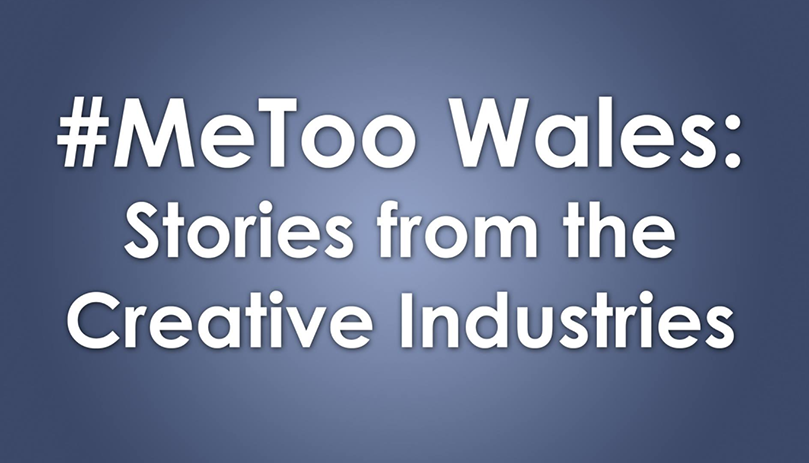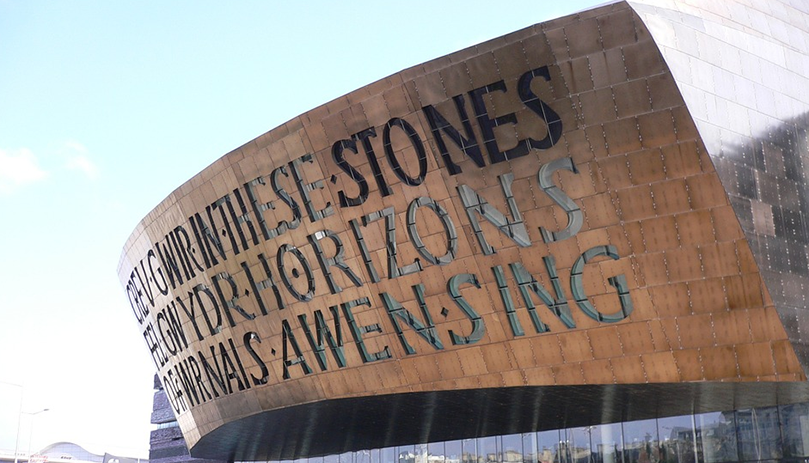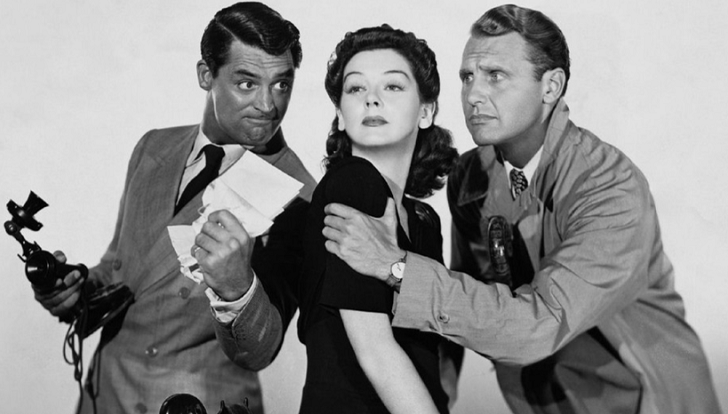How do we challenge the stigma that surrounds sexual harassment?

Victims of sexual abuse and harassment were given an opportunity to share their stories and experiences in the creative industries in Wales.

Their stories were showcased at the Sherman theatre by “Re-Live”, which is a Cardiff-based theatre company.
Co-Director Alison O’Connor says: “This event was about challenging all the stigma and silence that still hugely exists around sexual harassment.”
It was important that this event was held in Cardiff, says Chelsey Gillard, a freelance theatre director: “Many of the big companies work from here and they are the people who should be in the room having these conversations because they have the most power to make changes.”

This event was held in a response to a global movement of victims talking about their experiences of sexual assault and harassment. The real number of incidents is unknown because victims often do not come forward because victims fear that their stories will not be believed.
An example of this is the “Me Too” campaign. This movement suggested that if every victim of harassment posted “Me Too”, people would grasp the extent of the problem.
Recently, there have been a series of allegations against high-profile members of the TV and Film industries. Discussions have been based on finding ways to support victims and how to challenge abuses of power.

Karin Diamond, director of Re-Live said: “The stories can’t go unheard… we can’t bury our head in the sand any longer.”
The Royal Court Theatre in London established a behavioural code of conduct which outlines the boundaries between normal practice and inappropriate behaviour. The code of conduct explains the obligation of organisations to safeguard their staff and a number of theatres in Wales are choosing to abide by this code.
All images used sourced from Pixabay with full copyright clearance unless marked as otherwise.
